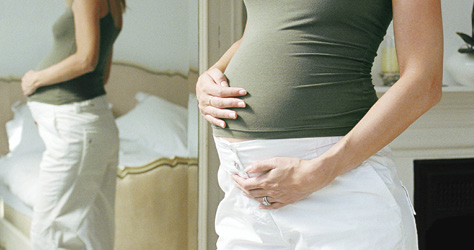At first glance, the list of food and drinks you need to avoid in pregnancy looks worrying long
But the list of what you can have is far longer!

And once you’ve sussed it, following a pregnancy diet is pretty easy.
Here’s a quick guide:
Cheese
Soft cheeses can carry bacteria – listeria – that can cause an infection, so avoid mould-ripened cheese like Camembert and Brie, and soft blue-veined cheeses like Roquefort, Gorgonzola and Danish blue.
But the good news is hard cheeses are fine.
Eggs
Eggs are nutritious and protein-rich so don’t cut them out. The Foods Standards Agency (October 2017) now say pregnant women can eat runny eggs – as long as they have the British Lion Stamp on them. The British Lion Code of Practice has effectively eliminated salmonella from British Lion eggs.
However, eating raw or undercooked eggs can lead to food poisoning (salmonella), so steer clear of things like home-made mayo.
Milk
Your milk needs to be pasteurised, so avoid drinking 'raw' unpasteurised milk or eating any products made from it. (It sounds obvious, but this applies to all sorts of milk, from cows, goats or sheep.) If you can only get unpasteurised milk, just boil it first.
Pâté
Pâté – including vegetable varieties – can contain listeria so best avoid them all!
Meat
Make sure all your meat is well cooked - never pink or rare. It’s best to avoid liver because it can contain a lot of Vitamin A, which can be harmful for your growing baby if you eat too much.
Fish
Fish is good for you and your baby's development so aim to eat at least two portions of fish a week in pregnancy, including one portion of oily fish, such as fresh tuna, mackerel or sardines. However, tuna should be limited to no more that two fresh steaks or four medium cans of tinned tuna a week because it contains high levels of mercury. Shark, swordfish and marlin should be avoided altogether due to their levels of mercury. Limit oily fish (salmon, mackerel, sardines, trout, herring, pilchards) to no more than two portions a week as they contain pollutants. Avoid raw shellfish, such as oysters as there's a risk of food poisoning.